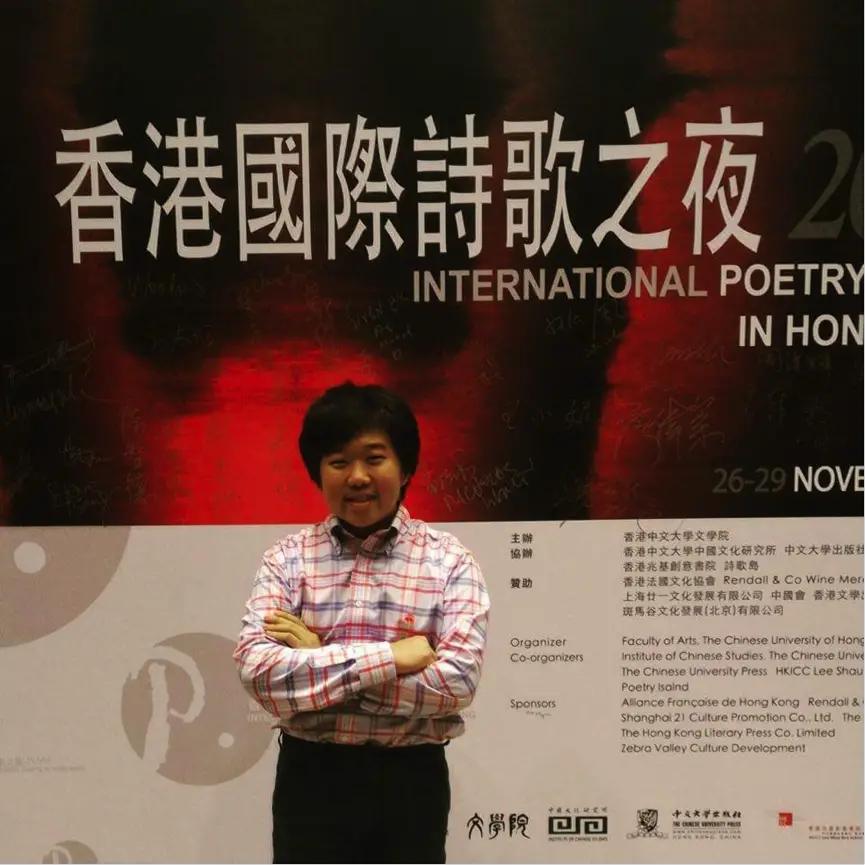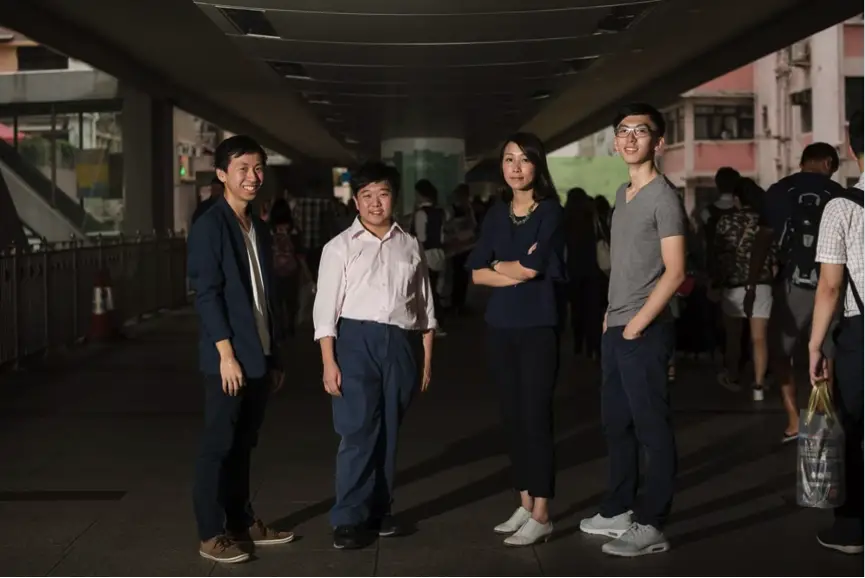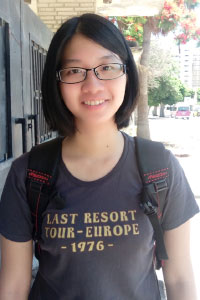The Art of Criticism
Lin has made a name for himself with his theatre criticism, but faces a challenge in overcoming the discouraging consumption trends of his young country.
By Jessie Yang, University of Hong Kong
Jeffrey Lin is an award-winning poet and art critic, majoring in Arts and Comparative Literature at the University of Hong Kong.
He is actively involved in local arts organizations and currently acts as the marketing director of Cultural Lab Plus to promote literature in Hong Kong society. He talked with me about his devotion to writing and the dilemmas artists face in Hong Kong.
Jessie Yang: What is it that motivates you to write?
Jeffrey Lin: I think writing is a reconciliation between self and literature, and that it is necessary to reflect upon self-experience. Writing is an expression of your struggles. More often the composition is a valuable creation due to the encounter of one’s own emotions and the art world.
However, writing criticism is different; there is another subject involved. You are writing about your thoughts toward the subject, and then use [the subject] as a tool to understand yourself, or interpret the society around you. I like writing because it is an ongoing conversation of art.

JY: I have read some of your critiques on dramas. What sparked your interest in theater?
JL: There is something special about theater. The combination of words and movement is phenomenal and distinguishes itself from other forms of art. The theater has a sense of improvisation, interaction and entertainment between the performers and audience. Since middle school, my interest in writing theater criticism has grown. The more I read and see, the more I discover how I can understand plays through different angles.
JY: You mentioned some of your winning entries, could you elaborate more on them?
JL: Most of my winning works are poems. I tend to focus more on public issues, such as social concerns, instead of personal feelings. My hometown, Hong Kong, is an important theme in my works. I write about youth struggles and generational issues, as well as, of course, theater criticism.
JY: Speaking of theater, do you think it is hard for the theater to thrive in Hong Kong? What are some of the challenges it faces?
JL: First, the audience is a crucial issue, as the fan base for theater is a narrow one. For a long time, stage acting has been considered a “high art,” and the public thinks they don’t have the ability to appreciate it. Second, the government funding is unequally distributed; only certain major theater groups can receive sufficient money. Sadly, actors can’t support themselves solely through acting and have to take multiple jobs at the same time. Also, compared to England, where writers sometimes have years to finish a script, in Hong Kong, three months is a luxury.
The saying is true: A play doesn’t exist without critics, as the writers document their existence and mark their importance in history. However, there is not a good system in Hong Kong to cultivate young critics. They are not able to support themselves just by writing, so it is really hard for reviewers to survive in Hong Kong without a secure financial basis.
JY: What do you see for the future of art in Hong Kong?
JL: The fundamental problem regarding the arts [in Hong Kong] is that they are developing improperly. Art can survive in Hong Kong, but it lacks the chance to thrive. There is relatively little censorship in the country, so artists can express themselves, but the capitalist mindset is so deep-rooted that art becomes a form of marketing strategy. Culture becomes something for consuming, like a show-off, instead of appreciation.
I am a bit conservative about the prospects [of art] in Hong Kong, but I do hope the public can expand its mindset, rather than follow the fast-paced society, demanding only entertainment that can bring instant pleasure. The prevailing elitism inhibits alternative thinking, which hinders creativity and acceptance to art.
JY: Do you think art make any difference to in Hong Kong? And do you think you can make any difference?
JL: Art should be able to move the public and promote change. Although it is hard for art to influence the mainstream ideology, I do think it provides different perspectives for the public to raise social concerns, which capture the ever-changing Hong Kong.
As for myself, being a student, it’s hard for me to say I have the ability to change society. However, I want to re-discover a sensitivity to the world and observe, absorb and transform it into my writing, which I hope can someday make a contribution to Hong Kong.

















